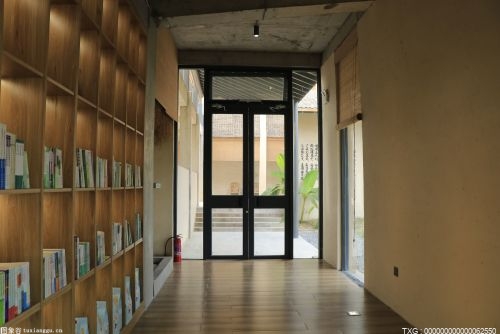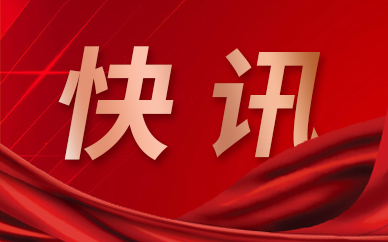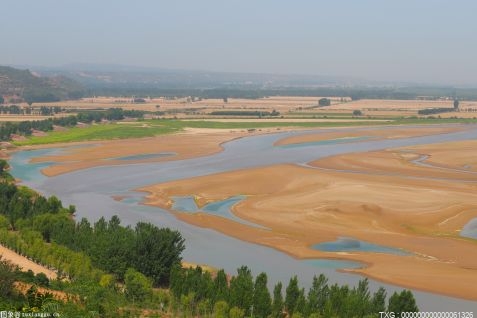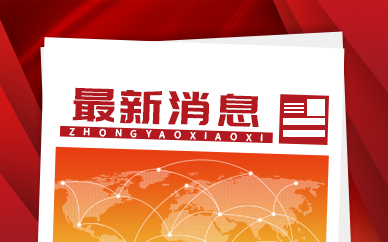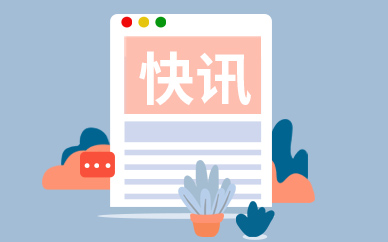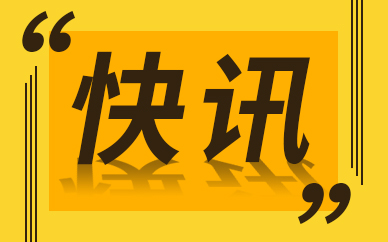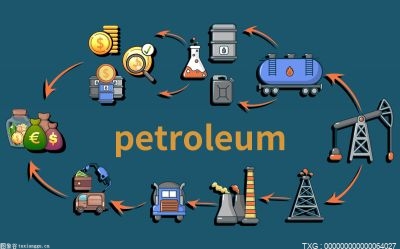直播时间:2023年5月12日(周五)20:00-21:30
 (资料图片)
(资料图片)
直播平台:
科学网APP
https://weibo.com/l/wblive/p/show/1022:2321324900598591127711(科学网微博直播间链接)
科学网微博
科学网视频号
北京时间2023年5月12日晚八点,iCANX Talks 第143期,本期邀请到马克斯普朗克(Max Planck)聚合物研究所 Mischa Bonn 教授分享水-石墨烯界面:神奇的量子耦合。
【嘉宾介绍】
Mischa Bonn
Max Planck Institute for Polymer Research
The Water-Graphene Interface: a Quaint Quantum Couple
【Abstract】
The importance of water across many disciplines of science and engineering cannot be overstated. Water shapes our blue planet, is a unique solvent in chemistry, the ‘elixir of life’ in biology, a key corrosion agent in engineering, and a complex fluid with a multitude of anomalies in its phase behavior in physics.
水在许多科学和工程学科中的重要性不言而喻。水塑造了我们的蓝色星球,从化学的角度来说水是一种独特的溶剂,从生物学的角度来说水是“生命的长生不老药”,从工程的角度来说水是一种关键的腐蚀剂,从物理学的角度来说水是一种具有大量异常相行为的复杂流体。
Despite its importance, a full understanding of water in its various forms and systems remains challenging. This is particularly true for interfacial water. Water interfaces differ from the bulk, in both their physical structure and chemical composition. A particularly fascinating interface is the water-graphene interface. Water has been reported to flow through carbon nanotubes (essentially curved graphene) with remarkably low resistance. Large-area graphene can serve as an electrochemical electrode, allowing detailed studies of electrochemical processes.
尽管它很重要,但全面了解水的各种形式和系统仍然具有挑战性。对于界面水尤其如此。水界面在物理结构和化学成分上都不同于整体。一个特别吸引人的界面是水-石墨烯界面。据报道,水以非常低的阻力流过碳纳米管(本质上是弯曲的石墨烯)。大面积石墨烯可以作为电化学电极,可以对电化学过程进行详细研究。
Surface-specific spectroscopy on water in contact with graphene enable elucidating electrochemistry at the molecular level, and investigating the origin of the anomalous friction between water as it flows along graphene.
与石墨烯接触的水的表面特异性光谱能够在分子水平上阐明电化学,由此研究水沿石墨烯流动时水之间异常摩擦的起源。
【BIOGRAPHY】
Prof. Dr. Mischa Bonn joined the Max Planck Society in 2011 as one of the directors of the Max Planck Institute for Polymer Research, heading the division “Molecular Spectroscopy”. Mischa completed his MSc degree in physical chemistry - with highest honors - in 1993 at the University of Amsterdam (NL) and performed his PhD research (1993-1996) at the FOM-Institute for Atomic and Molecular Physics in Amsterdam. After two postdoctoral stays, at the Fritz Haber Institute (1997-1999) and at Columbia University, New York (1998-1999), he became assistant professor in 1999 at Leiden University, to receive tenure and promotion to associate professor in 2002.
Mischa Bonn教授于2011年加入Max Planck学会,担任Max Planck聚合物研究所主任之一,领导“分子光谱学”部门。Mischa于1993年在阿姆斯特丹大学(NL)以最高荣誉完成了物理化学硕士学位,并在阿姆斯特丹的原子和分子物理研究所进行了博士研究(1993-1996)。在弗里茨哈伯研究所(1997-1999)和纽约哥伦比亚大学(1998-1999)做过两次博士后,此后他于1999年成为莱顿大学的助理教授,并于2002年获得终身教职并晋升为副教授。
In 2004, he returned to the Institute for Atomic and Molecular Physics in Amsterdam as group leader. He has been an extraordinary professor at the University of Amsterdam since 2005 and an honorary professor at Mainz University since 2012. Mischa serves as Deputy Editor for The Journal of Chemical Physics, and as a member of the editorial advisory board of J. Am. Chem. Soc., amongst others. Mischa has won several prizes and awards for his work, including the Gold Medal from the Royal Dutch Chemical Society and the Van ’t Hoff Award from the Deutsche Bunsengesellschaft. His scientific interests focus on the development and application of laser-based (ultrafast) spectroscopies to advance our understanding of natural phenomena, specifically at interfaces – often involving Mischa’s favorite molecule: water.
2004年,他回到阿姆斯特丹原子与分子物理研究所担任组长。2005年起担任阿姆斯特丹大学特聘教授,2012年起担任美因茨大学名誉教授。Mischa是The Journal of Chemical Physics的副主编,也是《美国化学会志》(J. Am. Chem. Soc.)编辑顾问委员会成员。Mischa因他的工作赢得了多个奖项和奖项,包括荷兰皇家化学学会的金奖和德国Deutsche Bunsengesellschaft的Van’t Hoff奖。他的研究方向集中在基于激光(超快)光谱学的发展和应用上,以提高我们对自然现象的理解,特别是在界面上——通常涉及Mischa最喜欢的分子:水。
标签:

